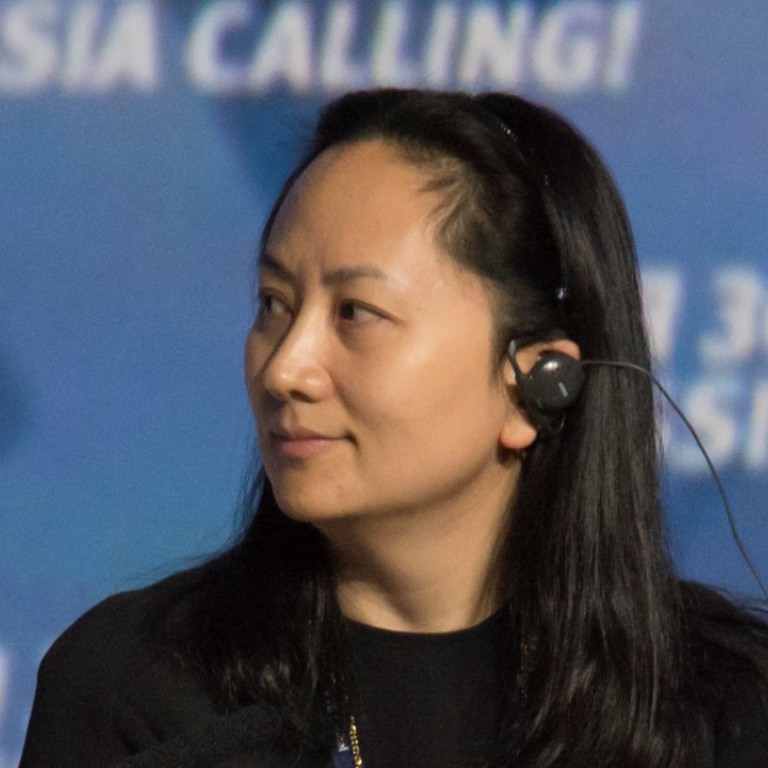
Huawei CFO Meng Wanzhou’s arrest is a reminder to global companies that the US means business on sanctions
- Richard Ip and Vadim Nikitin say while the popular narrative is that Meng Wanzhou was targeted as part of the trade war, the US Department of Justice’s activism may have been par for the course
However, the fact that China is currently in America’s political cross hairs should not lead other countries into complacency. Although it is not immune from political pressures, the Department of Justice has a long and established tradition of prosecutorial independence. Since Watergate, a robust bipartisan consensus has emerged to prevent White House interference in the justice system. Canadian Prime Minister Justin Trudeau has also insisted politics had nothing to do with the arrest.
So while the spat with China is likely to have emboldened the Huawei probe, there is little doubt that live investigations into sanctions breaches are not confined to Chinese companies. While most of the world’s attention was on the ZTE ban, the US also targeted two Thai and Malaysian companies for dealing with Iran.
But Meng was unlikely to have been the only non-European business leader who thought that way. Another prominent Asian businessman recently boasted of his company’s drive to invest in North Korea even as he was courting a US-based firm. For all the noisy brouhaha of the US-China trade war, Meng’s arrest should focus the minds of executives from Ankara to Yerevan: when it comes to dealing with Tehran and other jurisdictions subject to US sanctions, no one is safe.
Yet less understood is that the legal definition of a “US person” goes beyond US nationals and companies to include not just firms with a US presence but even those which merely have US green card holders among their staff.
As the strategic competition between Washington and Beijing continues to heat up, other Chinese companies will share the fate of Huawei and ZTE. But their rivals in Asia and beyond who see the Department of Justice’s activist approach to sanctions through the narrow prism of a superpower trade war do so at their peril.
Richard Ip is a partner of Wallbrook, a global intelligence and compliance risk consultancy. He specialises in Asia with a focus on political and economic developments in the region. Vadim Nikitin is a partner at Wallbrook based in its London headquarters. He is an expert on the former Soviet Union with a particular focus on the global sanctions regime


